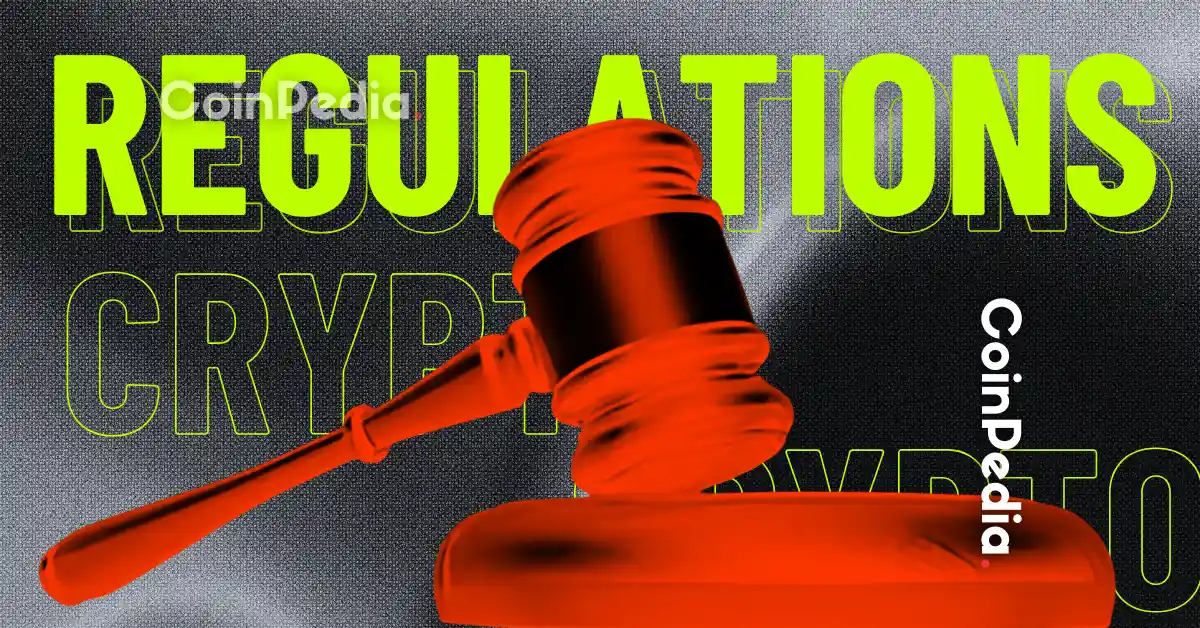
As of 2025, Spain is strengthening its crypto regulatory framework, aligning it with global standards. With a transparent, secure, and highly regulated market this year, Spain is reinforcing its reign over digital assets. Additionally, the government is providing clarity in the regulations to prevent crypto-related risks in the financial space while enhancing the fintech sector in the country.
July 4, 2025: BBVA Launches Crypto Services to Retail Customers
Banco Bilbao Vizcaya Argentaria (BBVA), a multinational Spanish bank, launched crypto trading (Bitcoin and Ether) and custody services for retail customers. The services can be utilized through mobile apps. It has aligned the initiative with the EU’s Market in Crypto Assets (MiCA) to govern the regulations and provide investor protection.
June 2025: Law to Acquire Crypto Exchanges’ Data, Seize Digital Assets
With the implementation of DAC8 crypto rules by 2026, Spain extends its measures to minimize criminal activity in the crypto space. In extension of its crypto tax policy, Spain announces that the Spanish tax agency is allowed to seize the cryptocurrency holdings of any user with tax debts. This also extends to other digital assets.
December 30, 2025: Market in Crypto Assets (MiCA) Implementation in Spain
MiCA applications became fully applicable across the European Union (EU), including Spain, in 2024. All crypto asset service providers (CASPs) operating in these countries are required to fully implement MiCA rules. However, Spain opted for a quicker timeline to fully transition to MiCA compliance.
December 30, 2024 – December 31, 2025
By shortening its transitional period, Spain has allowed existing CASPs to operate under current federal regulations while the entities fully transition to MiCA compliance.
While the Spanish government has allowed the trade, mining, and use of cryptocurrency in the country, it is not recognized as a legal tender. The government holds a cautious and conservative stance on crypto, emphasising the importance of consumer protection and tax compliance.
The Spanish government has taken several pro-crypto steps in the country, such as rescheduling the MiCA compliance. The MiCA compliance was originally scheduled to be fully implemented on July 1, 2026; however, the Spanish government opted to shorten the transition period by six months. It will not take effect on December 31, 2025.
Besides enhancing the regulatory framework, the government is also actively working to terminate criminality in the crypto space. On June 25, the Spanish Guardia Civil, with support from law enforcement in the U.S., Estonia, and France, dismantled an international crypto fraud network that scammed over 5,000 victims across Europe and beyond.
Is there a cryptocurrency license in Spain? Yes, any entity providing crypto asset service in Spain requires a CASP license from the Spanish National Securities Market Commission (CNMV).
Under Article 33.1 of the Personal Income Tax Law — any change in a taxpayer’s net wealth is considered capital gain. Reporting crypto returns by June 30 every year is mandated.
| Tax Type | Tax Rate | Details |
| Capital Gains Tax | 19% to 28% | Depending on the income |
| Mining/Staking/Salary | 24% to 47% | Taxed as general income |
| Wealth Tax | 0.2% – 3.75% (if net wealth exceeds region threshold) | Exceeding €700,000 |
Spain is already seeing a growth in adoption rate, as the government has intensified the security measures for crypto. It currently ranks among the top five EU nations for blockchain adoption and is globally known as a popular fintech hub. But the government is improving the regulations further to terminate the crypto fraud altogether in the country. So, from January 1, 2026, the entire landscape of cryptocurrency and other digital assets with change in Spain.
Yes, Spain is considered a crypto-friendly country in 2025. It has clear regulations for legal trading, mining, and use of cryptocurrencies, though these activities are subject to taxation and oversight.
Crypto capital gains tax in Spain ranges from 19% to 28% depending on the profit. Income from mining, staking, or crypto salaries is taxed as general income, from 24% to 47%.
The crypto user penetration rate in Spain is currently 50.97% and is projected to reach 53.08% by 2026, with an estimated 25.14 million crypto users after MiCA full compliance.
While crypto-friendly, Spain is not considered a “crypto haven” due to its comprehensive tax framework, including capital gains, income, and wealth taxes on crypto. Countries like El Salvador or Portugal (for long-term holders) offer more tax advantages.
World Liberty Financial is launching a tokenized investment tied to the Trump International Hotel &…
Senator Elizabeth Warren has strongly opposed any bailout for Bitcoin. In a letter to Treasury…
Ethereum price has slipped back toward the $1,900 region amid broader market hesitation, reflecting a…
The latest Fed minutes news released on February 18, 2026, show that Federal Reserve officials…
Story Highlights The live price of the Helium token is . A confirmed trend reversal…
Goldman Sachs CEO David Solomon has said that he personally owns a small amount of…